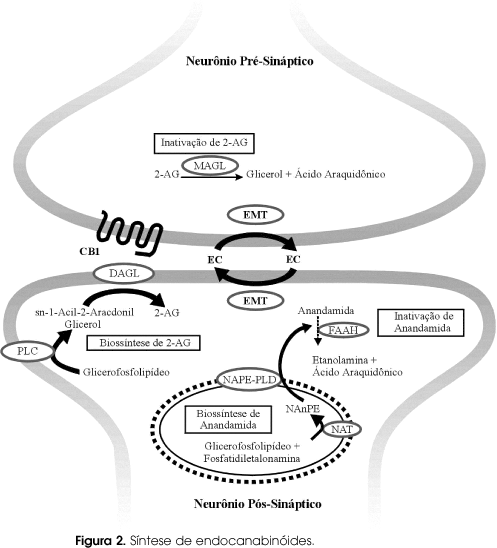Energetic balance is a fundamental homeostasis mechanism, which contributes to the species' survival. The endocannabinoid system is a new and important component among such mechanisms. Its receptors and endogenous agonists are expressed in central nervous system (CNS) and at various peripheral organs, establishing a CNSperiphery net communication. A relevant aspect is its expression in the adipose tissue, where it regulates lipogenesis and increases the expression of influent genes on lipids and carbohydrate metabolism. Interestingly, it seems to be upregulated in human and animal obesity, although it is activated on demand and rapidly deactivated. Its activation increases food intake and promotes weight gain, contributing to Metabolic Syndrome (MS). Rimonabant is a specific antagonist to the main endocannabinoid receptor (CB1). In animal models of obesity and MS, as well as in humans, Rimonabant has demonstrated to be a useful tool in controlling weight and metabolic aspects. Indeed, some new human trials suggest a possible role for this substance in controlling cardiovascular risk factors related to MS.
Endocannabinoid; Metabolic syndrome; Obesity; Rimonabant




